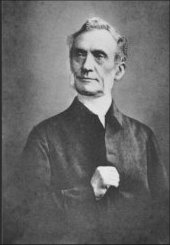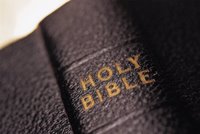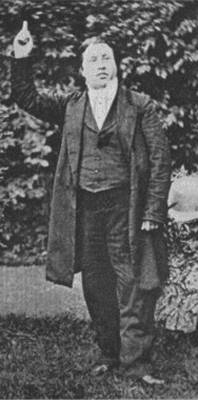Gather, me grandchildren if you love a good mystery
Gather, me grandchildren for a little church history
It's 2044, you're avoiding our turn-of-the-century ways
How did we strike it rich? Kissing up to the powerful
How did we make our pitch? Satellites by the towerful
Why do you young people have to go and get caught up in a radical phase?
My conscience was clear and my wallet was full
I didn't hear none of this 'sacrifice' bull
Tough times call for a backtrack
Gimme that old-time easy listening
Cuddle up, yeah, yeah, twelve hours, twice a day
Cuddle up, yeah, yeah, simmer down, atta way
Color me old-fashioned but I still remember when
The sermons were affirmin', 'cause the Lord liked us better then
It's 2044, and I don't want to be my brother's keeper no more
Color me chicken-yellow if I liked it in the ozone
Call me lemon jello if I lacked a little backbone
We're King's kids, dang it, and we used to know what a housekeeper was for
Tickle my ear and I'll pay for your show
Sing about stuff that I already know
Whisper sweet nothings, pour a night cap
Gimme that old-time easy listening
Cuddle up, yeah, yeah, twelve hours, twice a day
Cuddle up, yeah, yeah, simmer down, atta way
Cuddle up, yeah, yeah, order now, don't delay
Cuddle up, yeah, yeah, sleep it off, drool away
Gather-me-round children, 'cause your faith is a mystery
Gather, me grandchildren for a little church history
It's 2044, and I miss our turn-of-the-century ways
How did we strike it rich? Kissing up to the powerful
How did we make our pitch? Satellites by the towerful
Why do you young people have to go and get caught up in a radical phase?
I'm OK, you're OK, we're OK, so
I think I'm gonna buy my own radio show
Spread the good news and the Barry Manilow
Happy talk, no rock, non-stop easy listening
-Steve Taylor-

















 Here is a link to some great lectures on Jonathan Edwards by speakers such as J.I. Packer, John Piper, Mark Dever, and others.
Here is a link to some great lectures on Jonathan Edwards by speakers such as J.I. Packer, John Piper, Mark Dever, and others.

